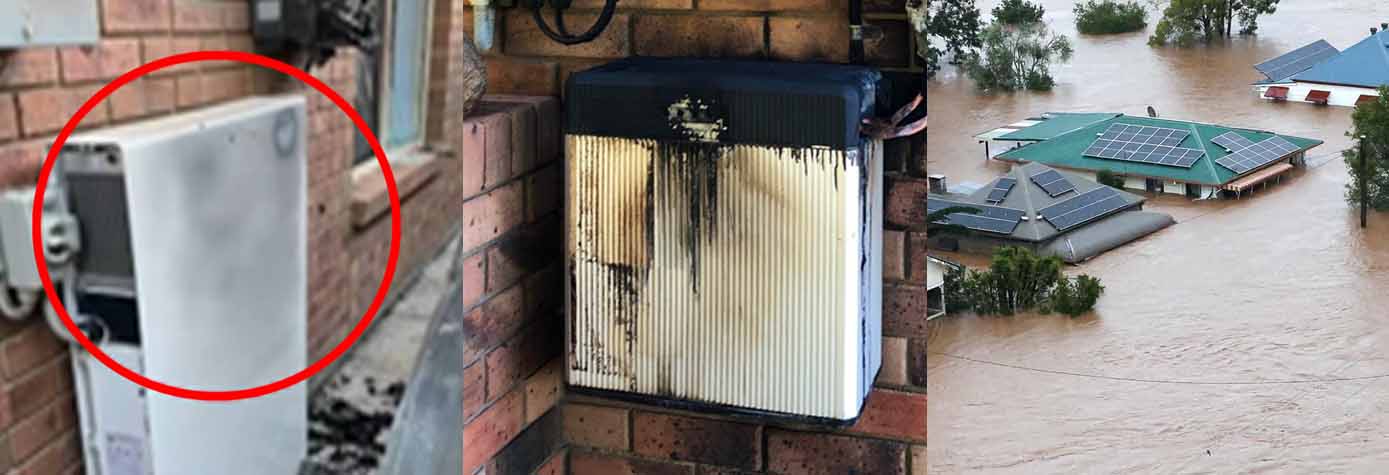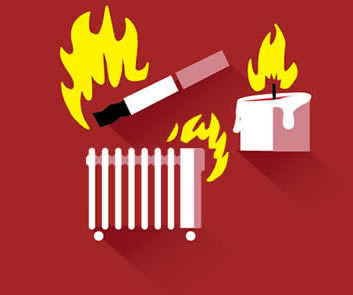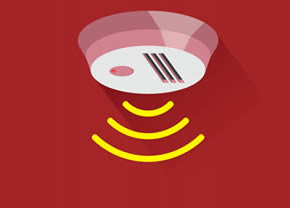Residential Battery Energy Storage Systems
Residential Battery Energy Storage Systems (BESS), often paired with solar panels, commonly use lithium-ion batteries and can present risks like fire, explosions, and chemical exposure.
Here's how to stay safe:

Minimise risks
- Certified installation: Use only accredited technicians for installation.
- Location safety: Install BESS in a cool, ventilated, low-traffic area, away from entries and exits. Installation requirements can be found in AS/NZS 5139.
- Regular Maintenance: Schedule checks with an authorized technician.
- Emergency Contacts: Keep the installer and manufacturer contacts near the meter box.

If your battery is damaged
Damage may include, but not limited to, impact, fire, or water ingress (including flooding).
- Do not use: Avoid restarting a damaged system.
- Shutdown safely: Follow the shutdown procedure if safe.
- Professional inspection: Contact the manufacturer or technician for inspection and disposal.

In Case of Emergency
- Evacuate: Leave immediately and call Triple Zero (000), mentioning a BESS is involved.
- Stay out: Don't re-enter until the authorities give the all-clear.
- Seek medical help: For smoke or chemical exposure, get medical assistance. For burns, cool with water for 20 minutes and call Triple Zero (000).

Installation requirements by law
AS/NZS 5139: Sets out installation and safety requirements for battery energy storage installation.
Learn more from the Electrical Regulatory Authorities Council website here.

More information
Further information and related pages
Campaign resources and downloads
A campaign toolkit has been developed to help you communicate with your local community about how to safely use and dispose of lithium-ion batteries. It contains assets and resources for you to download and share.



